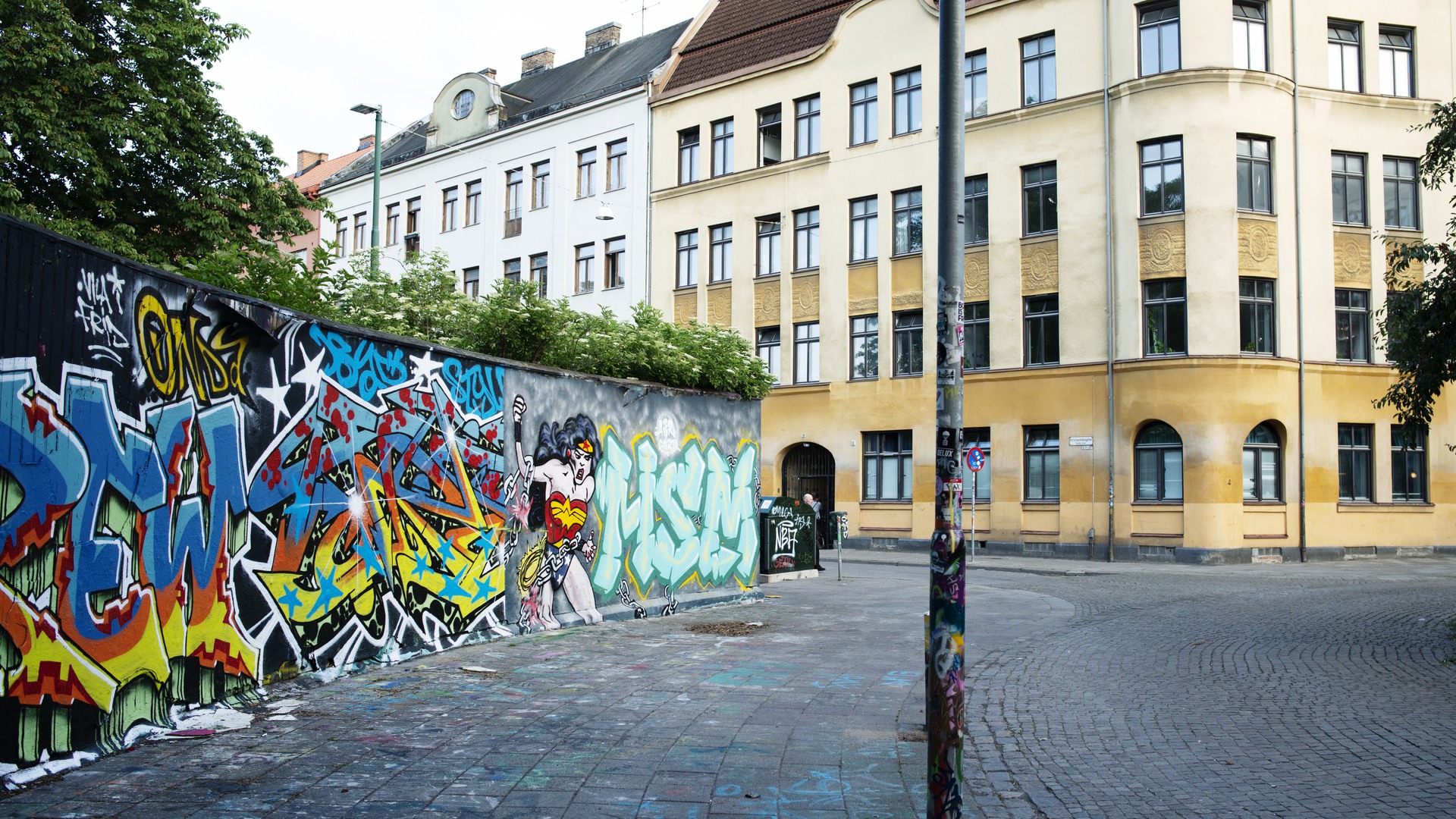"I really made the right choice"
Every week, Martina Gardshol Gavelli meets people who have been convicted of various crimes. The goal is to get the clients to find a better path. "Seeing a client change is worth an awful lot," she says about her job as a probation officer.
"We break the vicious circle" are the words on the lanyard she wears around her neck. The crimes the clients are convicted of vary, but the common thing is that they do not serve prison sentences.
“They may, for example, be paroled or have been sentenced to probation. Then they have the obligation to meet us at certain intervals for talks with their case manager or to participate in a treatment programme,” she says.
Martina's professional direction grew out of a genuine interest in people.
“I thought a lot about what makes people make different choices in life, and what makes us do or not do certain things.”
She considered studying psychology but decided that criminology was the direction that suited her best. She started with a bachelor’s at Malmö University, after which she completed a master's in criminology, also at Malmö University.
Went on to the Master's programme
During the bachelor's degree, she gained an insight into how the police and correctional services work, this reaffirmed her choice of education. Going on to study a master's was a natural progression.
“I gained a lot from the bachelor’s but became more independent and practiced reasoning and analysing more at the master's level. It was also an interesting environment with many international students.”
In the beginning, she worked with personal investigations before trials. She also worked as a support and control agency for people sentenced to probation.
Internal training programme took her further
After a few years in the role of probation inspector, she had the opportunity to become certified via internal training to work as a programme manager for various treatment programmes. These were based on social learning theory and cognitive behavioural therapy (CBT).
The treatment aims to break a vicious circle, regardless of whether the problem involves domestic violence, drugs, or other types of crime. To help her, Martina has colleagues whom she can turn to discuss problems that arise. The team also has regular meetings with a psychologist.
“The best thing about the job is the colleagues and that I can arrange my working days as I want. I book client meetings myself and also have time to plan and study. Seeing a client change, or showing a willingness to change, is worth a great deal.”
A degree that offers many options
A degree in criminology offers many options, she notes. Within probation there is an opportunity to develop.
“I really made the right choice; it's varied, and I find it hard to see myself getting bored. But if I were to try something else in the future, it would be exciting to work in a prison.”
Which personal qualities are important in your professional role?
“Humility in the face of the fact that people have different challenges. You need to be able to set boundaries and you need to have an interest in people and to find out why things turned out the way they did.”
Do you have any advice for those who are interested in criminology, but are unsure?
“One tip is to look for a summer job in a detention centre or institution to see if it is an environment you can imagine working in; you can also volunteer. During my studies, I had assignments as call support at the Crime Victims Emergency. And also as assistant supervisor, which meant volunteering to support a convicted person, a complement to probation staff. I highly recommend studying criminology – it’s a wide field!




